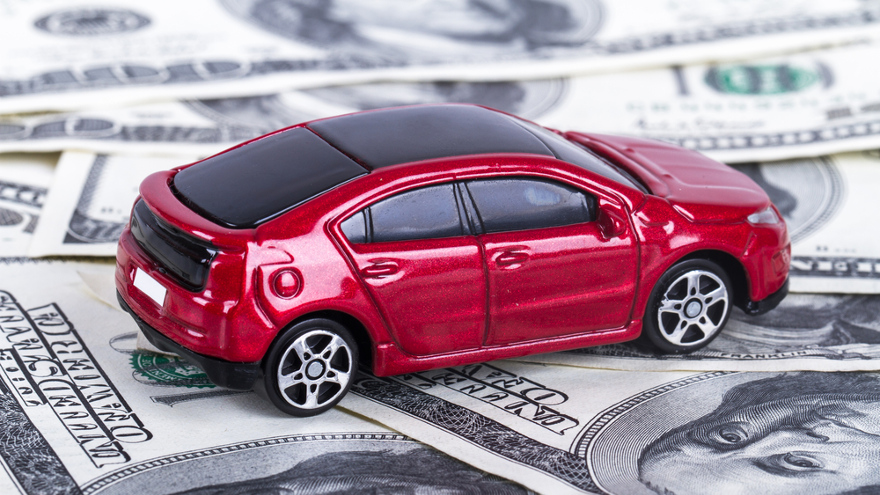5 factors expected to influence auto ABS in 2020

By subscribing, you agree to receive communications from Auto Remarketing and our partners in accordance with our Privacy Policy. We may share your information with select partners and sponsors who may contact you about their products and services. You may unsubscribe at any time.
NEW YORK –
Along with reviewing some of its 2019 metrics connected with the subprime auto asset-backed securities market, Fitch Ratings shared the five factors that analysts anticipate to have an impact throughout the securitization market this year.
Analysts described these five factors as a part of its latest report titled, Auto ABS Index: In the Auto ABS Driver’s Seat: 4Q19. The factors included:
• Risks of escalating trade war: The continued uncertainty surrounding the trade war with China could result in further negative pressure on economic growth.
• COVID-19 and political turmoil in U.S.: The extent and duration of the coronavirus outbreak and 2020 election could weigh on market volatility and confidence.
• Late-cycle behavior and “asset bubbles:” Ten years since the global financial crisis, elevated asset values driven by low rates and late-cycle behaviors could also pose additional credit risk.
• Risks Related to LIBOR replacement in 2021: 2020 will be an important year for LIBOR developments, especially for legacy contracts. Failure to address transition risks for legacy contracts will increase the likelihood of risks materializing beyond 2021.
Subscribe to Auto Remarketing to stay informed and stay ahead.
By subscribing, you agree to receive communications from Auto Remarketing and our partners in accordance with our Privacy Policy. We may share your information with select partners and sponsors who may contact you about their products and services. You may unsubscribe at any time.
• Secular pressures on market fundamentals: Shifting consumer behavior and innovation from fintech and companies are negatively impacting Commercial mortgage-backed securities (CMBS) and may start to affect others, such as auto ABS.
Specific to subprime, Fitch Ratings pointed out that losses remained stable in 2019.
Analysts indicated annualized net losses increased to 9.39% at the close of 2019 from 6.56% at the year’s midpoint. Those losses are down as compared to 9.66% at end of 2018 but higher versus 8.99% spotted when 2017 concluded.
Fitch Ratings also noted that annualized net losses — on a 12-month rolling basis — remained unchanged year-over-year at 8.63% when 2019 finished.
“Overall, annualized net losses have been relatively consistent over the last two years,” Fitch Ratings analysts said in the report.
Fitch Ratings tabulated that subprime issuance totaled $31.0 billion for the year with $14.1 billion being securitized during the second half of 2019. The annual total was a bit lower than 2018 when subprime auto finance companies issued $32.2 billion with $16.5 billion coming in the last six months of that year.
“Cumulative net losses for 2017 subprime vintage ABS transactions are trending in line with the 2016 vintage, which has the highest cumulative net losses as compared to other vintages at the same points of seasoning,” Fitch Ratings said.
“Cumulative net losses for 2018 vintage ABS subprime transactions are showing improved performance over prior recent vintages,” analysts continued while adding, “2018 vintage performance is comparable to 2014 vintage at the same points of seasoning. 2019 performance is too early to report.”


